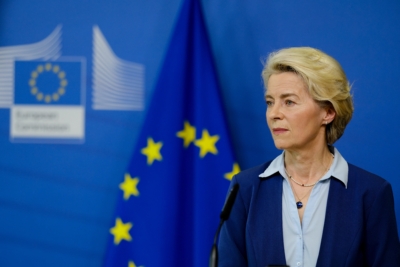Download our report here
In a first-ever, comprehensive analysis of career changes between the EU institutions and other employers, Transparency International EU seeks to look beyond individual scandals and provide a clear picture of the revolving door phenomenon across the EU institutions. We have analysed the career paths of those 485 former members of the European Parliament and 27 Commissioners who were in office during the last mandate and have since left the EU institutions. The full details of our analysis are available online on EU Integrity Watch (www.integritywatch.eu).
The demand for policy insiders is high, particularly among lobbying outlets. While the exchange of knowledge, experience and personnel between the public and private sector can bring very positive results, there are risks involved as well; undue influence, conflicts of interest and in some cases regulatory capture by special interests are particularly problematic.
Our report finds that many of those leaving the EU institutions and specifically politics now have activities where risks of conflicts of interest cannot be ruled out. Most worrying are those situations where senior decision-makers from the EU move directly into positions where they seek to influence former colleagues or their staff or join organisations they have previously regulated. If the EU is to uphold its self-proclaimed role as an international champion in ethics rules leading international best practices, then much a stronger and more developed ethics framework is needed for managing the revolving door phenomenon.





